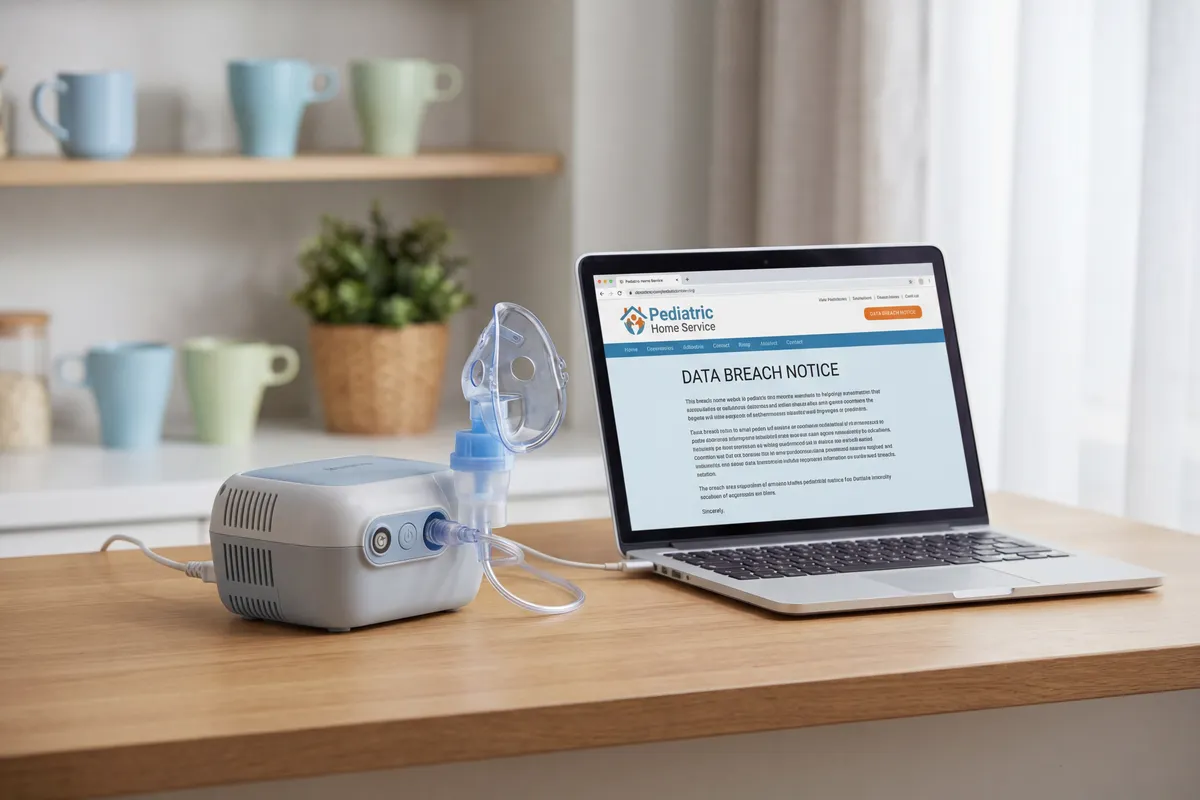Blue Shield of California Data Breach Affects 4.7 Million: Update

On April 1, 2021, Blue Shield of California experienced a significant data breach that impacted approximately 4.7 million individuals across the United States, including 75,498 people in Texas. The breach involved unauthorized access to a wide range of sensitive consumer information.
Exposed data included insurance plan name, type and group number, city, zip code, gender, family size, Blue Shield assigned identifiers for online accounts, medical claim service date and service provider, patient name, patient financial responsibility, and “Find a Doctor” search criteria and results (location, plan name and type, provider name and type).
This information includes both personally identifiable information (PII) and protected health information (PHI), making the breach especially severe.
The breach was disclosed to the California Attorney General's office and the Texas Attorney General's office on April 10, 2025, and reported to the U.S. Department of Health and Human Services on April 9, 2025. The full disclosure can be viewed on the California Attorney General's breach report page, the Texas Attorney General's data security breach report page, and the U.S. Department of Health and Human Services' breach portal. Blue Shield of California has also posted a detailed notice of data breach on its website.
At this time, the specific method by which the data was accessed has not been publicly disclosed. However, the breadth of information exposed indicates a substantial compromise of Blue Shield of California’s systems, affecting both current and former members.
Blue Shield of California's response
Following the discovery of the breach, Blue Shield of California took steps to notify affected individuals and regulatory authorities. The company has provided a public notice of data breach outlining the types of information involved and the scope of the incident.
If you are a Blue Shield of California member or have recently interacted with the company, it is important to remain vigilant. Consider taking the following actions:
- Review your insurance statements for unfamiliar claims or services.
- Monitor your credit reports and financial accounts for unusual activity.
- Be cautious of unsolicited communications that ask for personal or financial information.
- Use strong, unique passwords for your online accounts and consider updating your Blue Shield account credentials.
Blue Shield of California may offer additional resources or support to those affected. For the latest updates and guidance, visit the company's official notice page.
 Names
Names Social Security Numbers
Social Security Numbers Dates of Birth
Dates of Birth Addresses
Addresses Government IDs
Government IDs Medical Info
Medical Info Financial Info
Financial Info- Affected information types not yet disclosed

.webp)
.webp)
.webp)

.webp)
.webp)
.webp)
.webp)
.png)












.svg)